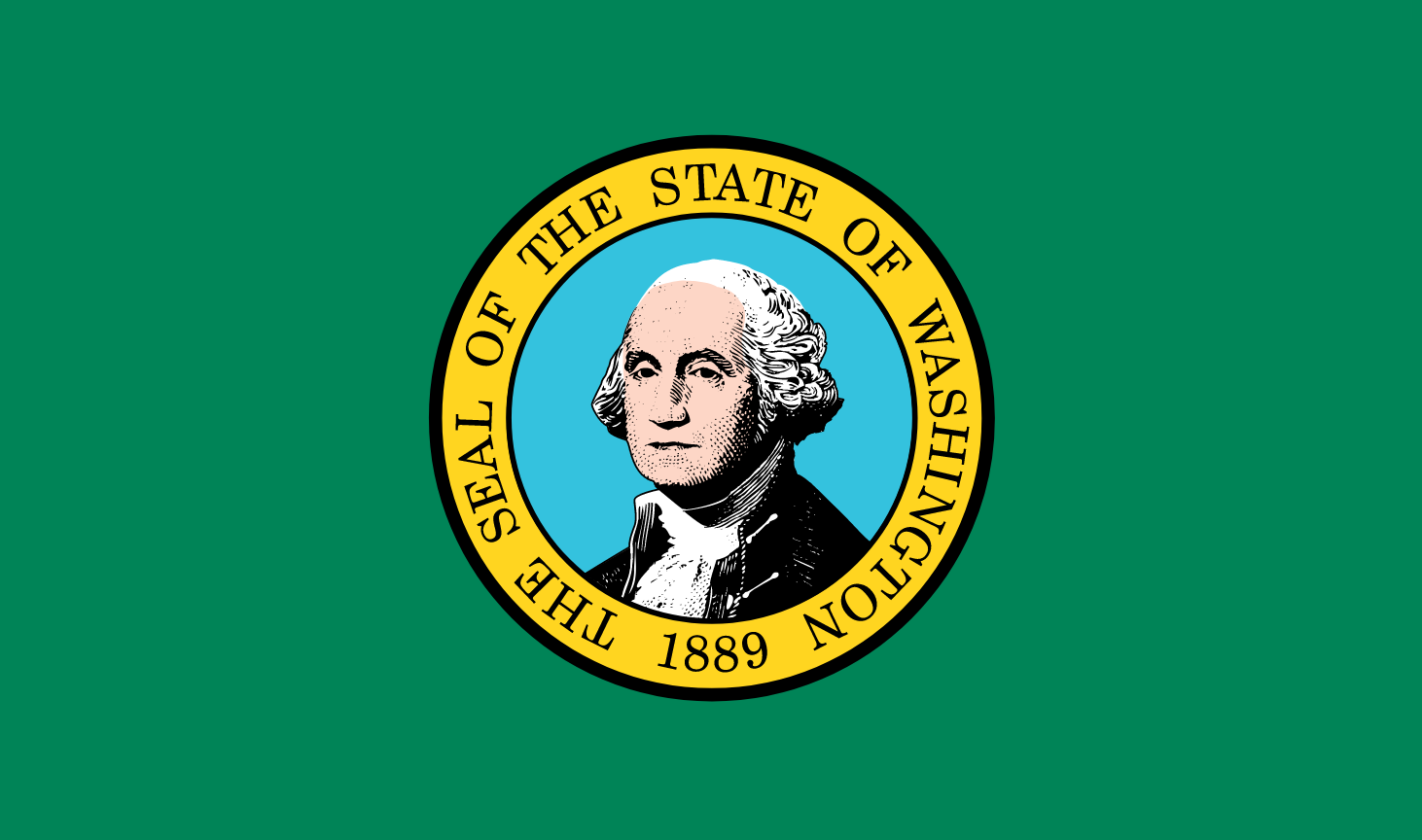The PROTEC17 State negotiations team reached a Tentative Agreement (TA) with the State of Washington for the 2021-2023 state contract on Sept 24. After an electronic ballot vote, the TA was ratified by members on Sept. 30, in time for inclusion in Governor Jay Inslee’s budget and the Oct. 1 deadline.
The contract, which covers our members at the Washington State Department of Transportation (WSDOT), The Department of Licensing (DOL), and the Washington State Patrol (WSP), was negotiated virtually via video conference.
With the COVID-19 pandemic and the resulting multi-billion dollar state budget shortfall, this was not the ideal economy in which to negotiate a contract. However, PROTEC17 staff surveyed State members again in the spring to assess the changing priorities given the new situation. The negotiating team was successful in delivering on these priorities.
One of the main priorities for members was maintaining the cost-share for healthcare benefits at the 85/15 split for the 2021-2023 biennium. In these uncertain times, our State members can all rest a little easier knowing they can get the healthcare they need.
Next, the State team discussed other economic and non-economic priorities. Instead of proposing a full rollover of the contract, the team took the opportunity to make some positive changes to contract language, including: streamlining of the WSP transfer process; protecting performance evaluations from allegations proven to be false; additional time between shifts for WSP members; additional training time for union stewards; expansion of LSR vacation opportunities; and the extension of an MOU providing an incentive for WSDOT employees to get their PE license.
Recognizing the need for tremendous budget savings, the team tried to be creative by proposing contract changes that would boost morale but cost the state little or nothing. The state, unfortunately, was unreceptive to these innovative proposals such as: casual attire for WSP Communication Officers (COs), and Saturday furloughs for Licensing Service Representatives (LSRs) so they could get a three-day weekend were rejected with seemingly little consideration.
As a result, the negotiating team offered the TA to their fellow State members without a recommendation, but with assurance that they got the best contract possible in a time of unprecedented uncertainty.
“Most of us walked into this session hoping for bigger progress for our members, but I feel we did well given the unique health and financial crisis we are currently facing,” said Anthony Madsen, bargaining team member and Pro-Rate and Fuel Tax Auditor at the DOL.
By being in a union, our State members were guaranteed their three-percent cost-of-living adjustment (COLA) on July 1, 2020, and through a Memorandum of Understanding (MOU) reached with the State this summer, PROTEC17 members were able to participate in the WorkShare program which – in conjunction with a funding boost from the CARES ACT passed by Congress – put an extra $600 in members’ pockets for four weeks in exchange for weekly furloughs.
Lastly, the negotiating team was able to stave off the State’s proposal to freeze Periodic Increment Dates for the life of the 2021-23 contract. But State employees knew sacrifices would be needed to reconcile the State’s budget through the next biennium. As a result, PROTEC17 State members will not receive a COLA during the 2021-23 biennium. Furthermore, the State team agreed to take one furlough day per month through the biennium, with an opportunity to negotiate a reduction in – or elimination of – those furloughs prior to implementation in July 2021 by the request of either party.
Despite these temporary cuts, it’s more important than ever to be a union member. PROTEC17 State members secured their July 2020 COLA, while many non-represented employees did not. And, by having a union, the State team was able to negotiate the economic impacts of this pandemic on their terms.
In January, PROTEC17 members and staff will be virtually lobbying state legislators for more progressive tax measures to help mitigate budget impacts and boost the economy. Washington State has the most regressive tax structure in the country, meaning those who make the least, pay the largest percentage of their income in taxes. But we have the power to change that, and PROTEC17 members intend to do just that next session, as those changes could help fuel new revenue to mitigate furloughs. If you’d like to share your work and experience as a state employee and union member with your legislator, please reach out to your Union Representative.


